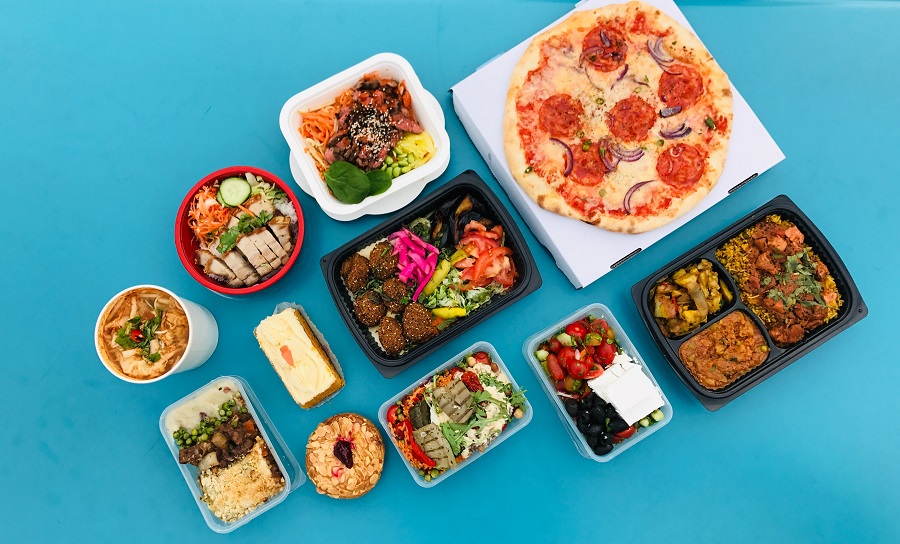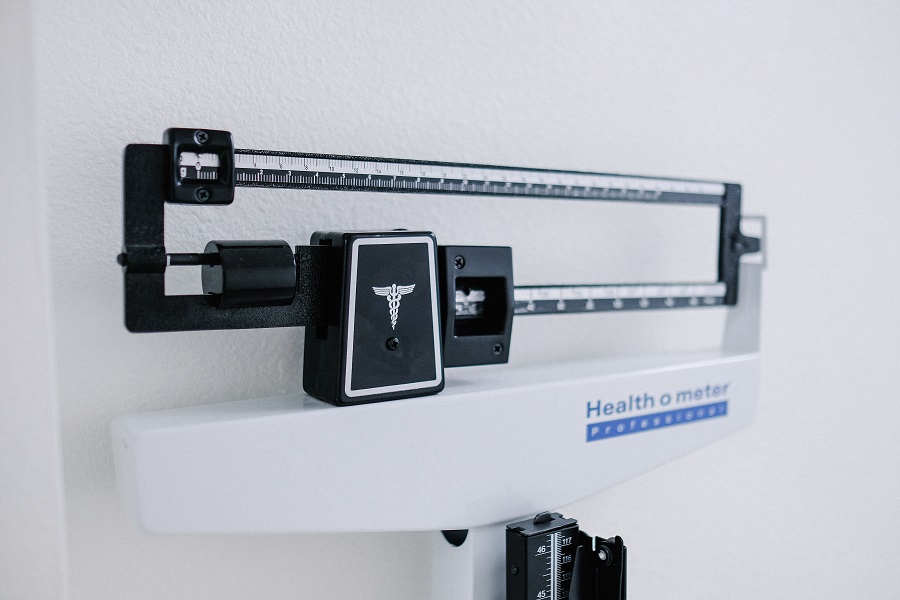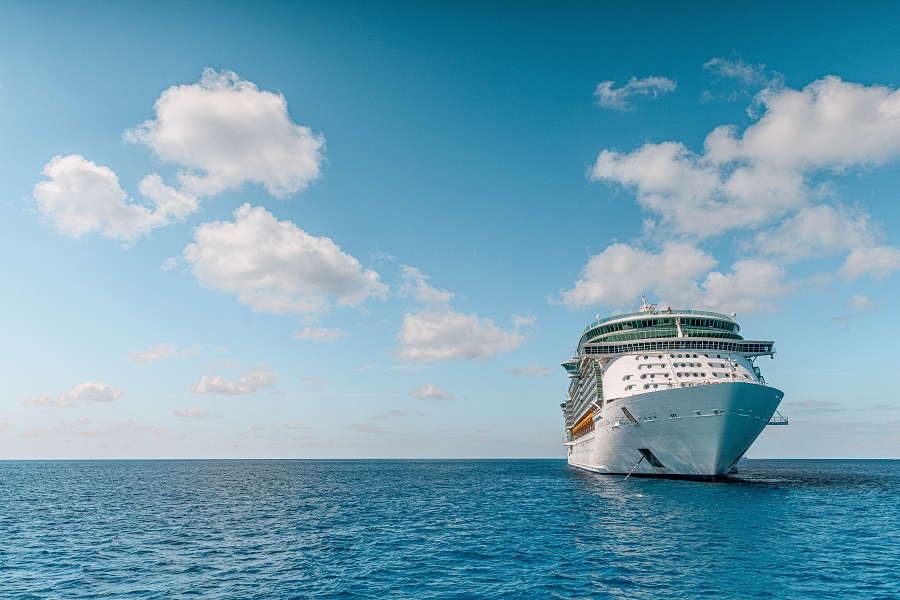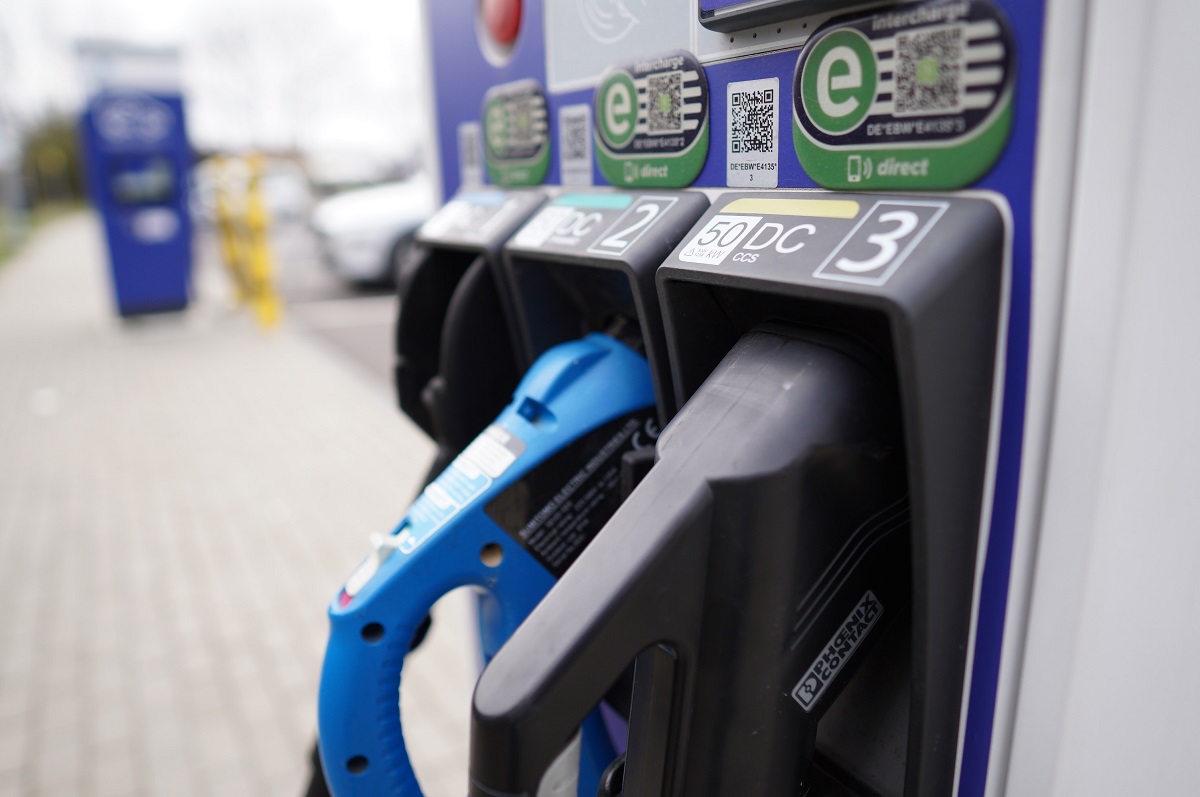
The pandemic fuelled a significant surge in food delivery services, turning them into indispensable services. The landscape has continued to evolve in the post-pandemic world as the delivery companies are now competing with new tools: autonomous delivery robots.
As autonomous bots arrive on the scene, armed with cutting-edge technologies that promise revolutionary cost efficiency and accuracy, we are entering a new era of the robot food delivery game, which is projected to be worth almost US$2 billion by 2028.
The following big players are recognizing the immense potential in utilizing these innovative solutions to improve the efficiency of last mile delivery. By deploying delivery robots these companies could significantly lower their delivery costs, improve efficiency, and mitigate the impact of labour shortages.
Parent company of the food delivery service Grubhub, Just Eat Takeaway.com (TKWY) connects restaurants with users in Europe and North America. In addition to operating as an order-only marketplace, it also offers last-mile delivery services.
The leading food ordering and delivery firm recently tied up with Starship Technologies, to provide robot delivery services on college campuses across the U.S. This is the company’s second such partnership with a tech startup that specializes in self-driving, AI-powered robotics and delivery operations.
Netherlands-based Just Eat entered the North American market after acquiring U.S.-headquartered Grubhub in 2021. The company is expected to witness high-single-digit top-line growth as penetration and frequency of orders evolve while margins gradually improve.
“The pandemic has been a tailwind for takeaway platforms, as penetration and usage have spiked to unprecedented levels and have remained elevated even during periods with no lockdowns,” says a Morningstar equity report, stressing this was a sign of changed consumer behaviour.
“Just Eat Takeaway is the market leader in the majority of its markets, excluding the U.S., and is well positioned to benefit from the structural trend of digitization of food delivery orders,” says Senior Equity Analyst, Ioannis Pontikis, who pegs the stock’s fair value at EUR 81.
Parent company of food delivery service Uber Eats, Uber Technologies (UBER) matches riders with drivers, hungry people with restaurants and food delivery service providers, and shippers with carriers.
The San Francisco-based firm operates across 63 countries with millions of users across the world using its app to order rides or food. Ride sharing accounts for about 44% of its gross revenue while 34% revenue comes from food delivery.
Uber Eats is set to deploy as many as 2000 food delivery robots across the U.S. and Canada. The firm also tied up with Cartken to expand sidewalk robot deliveries to Virginia.
Food delivery service now represents nearly 40% of the firm’s total revenue, up from 11% in 2019. Morningstar equity analyst, Ali Mogharabi, forecasts the segment “will continue to be one of the main revenue growth drivers.”
Combining mobility and delivery services provides a chance to sell more products and services to both the customers and the providers, says Mogharabi who puts the stock’s fair value at US$68.
Online food order demand aggregator, DoorDash (DASH) offers food on-demand for pickup or delivery from merchants mainly in the U.S., and more recently in Europe after the acquisition of Wolt in 2022.
In 2022, the firm generated US$53.4 billion in gross order volume (up 27% year over year) and US$6.6 billion in revenue (up 35%).
It regards itself as a technology company committed to advancing last-mile logistics. The company founded DoorDash Labs in 2018 “to find, develop, and integrate automation and robotic solutions that improve the way we operate and serve our communities,” says a company statement.
Recently, DoorDash has filed several patents for autonomous vehicles and drones to improve last-mile delivery and on-demand orders for perishables.
With over 450,000 merchants, more than 20 million consumers, and over 1 million deliverers (called “dashers”) on its platform, DoorDash currently boasts 56% market share in the U.S., far outpacing Uber’s 26% and Grubhub’s 18%.
“The firm is at the early stages in trying to attract a larger piece of what we estimate could be US$1 trillion worth of goods and services by 2025 to its platform,” says Morningstar equity analyst, Ali Mogharabi, who appraises the stock’s fair value at US$155.
DoorDash benefits from the network effects between merchants, deliverers, and consumers. These factors and intangible assets, in the form of data, conspire to build the company’s narrow moat rating.





















